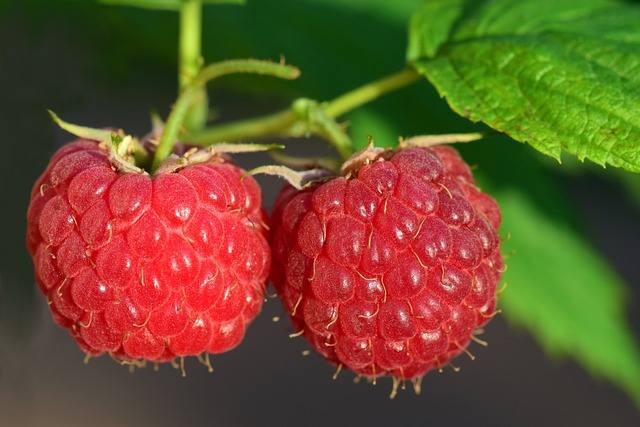Probiotic Pioneers: Exploring Ancient Cultures’ Use of Beneficial Bacteria
In recent years, there has been a growing interest in probiotics and their potential health benefits. Probiotics are live bacteria and yeasts that are good for your health, especially your digestive system. While they may seem like a new trend, the use of beneficial bacteria to promote wellness dates back thousands of years.
The Origin of Probiotics
The practice of consuming fermented foods and beverages containing beneficial bacteria can be traced back to ancient civilizations around the world. These cultures didn’t have the scientific knowledge that we have today, but they understood the importance of gut health and the positive effects these foods had on their well-being.
Ancient Egypt
Ancient Egyptians embraced the consumption of fermented milk as a way to support their digestion. They believed that these foods provided nourishment and promoted good health. One particular fermented milk product, known as kishk, was made by mixing milk with fermented barley and leaving it to ferment for several days.
Ancient India
In ancient India, the traditional yogurt known as ‘dahi’ was a staple in people’s diets. Yogurt was made by fermenting milk with active bacterial cultures, and it was highly regarded for its ability to aid digestion. It was also believed to be a food that increased longevity and strength.
Ancient China
Ancient Chinese civilizations consumed fermented foods like pickles and cabbage, which were made through the process of lacto-fermentation. These foods were considered valuable for promoting gut health and were often given to soldiers to improve their intestinal fortitude.
The Wisdom of Traditional Fermentation
While ancient cultures didn’t have the scientific knowledge to understand the concept of probiotics, they recognized the benefits of consuming fermented foods. Traditional fermentation processes allowed beneficial bacteria, such as Lactobacillus and Bifidobacterium, to develop naturally, resulting in the production of probiotics.
The ancient civilizations’ practices were not limited to just dairy-based ferments. Fermented vegetables, such as sauerkraut and kimchi, were also consumed in different parts of the world. These vegetable ferments were not only delicious but also provided a natural source of beneficial bacteria.
The Modern Discovery
The understanding of probiotics and their potential health benefits is relatively new in the scientific world. In the early 20th century, Nobel laureate Elie Metchnikoff, known as the “father of probiotics,” hypothesized that the consumption of fermented milk products was responsible for the enhanced lifespan and health of Bulgarian peasants.
Metchnikoff’s research paved the way for further exploration into the world of beneficial bacteria. Today, probiotics are extensively studied, and their positive impact on various health conditions is well-documented. From supporting digestion to boosting the immune system, probiotics have proven to be a valuable addition to our modern understanding of wellness.
Embracing Probiotics Today
As we delve deeper into the benefits of probiotics and embrace them in our modern lifestyles, it’s fascinating to recognize that ancient cultures were pioneers in this realm. Their knowledge and practices laid the foundation for the scientific discoveries and advancements we have today.
Today, probiotics are widely available in the form of supplements and incorporated into a variety of foods and beverages. From yogurt to kombucha, consumers now have a plethora of options to introduce beneficial bacteria into their diets.
The Final Word
Exploring the ancient cultures’ use of beneficial bacteria showcases the wisdom they possessed long before the scientific community understood the mechanics behind probiotics. The practices and traditions they followed in regard to gut health and fermentation were not bound by scientific reasoning, but rather a deep understanding of the connection between what they consumed and their well-being.
As we continue to unlock the potential of probiotics through scientific research, it’s essential to acknowledge and appreciate the contributions of these ancient cultures. Probiotics may be a modern buzzword, but their foundations were laid by these probiotic







